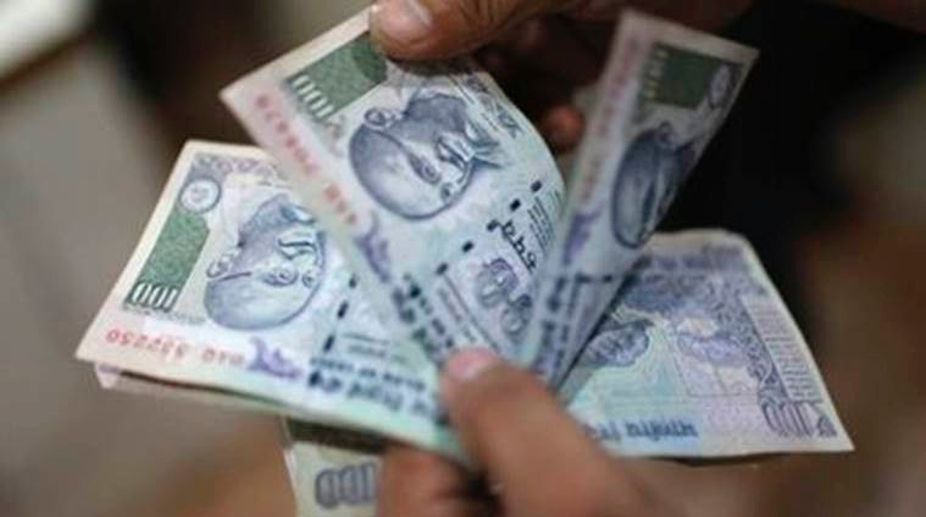Illegal casino busted in New Delhi, 41 arrested with cash, mobile phones
On Monday morning, a joint raid by Anti-Auto Theft Squad (AATS) Northeast and Jyoti Nagar police station was conducted on the 5th floor, of Harman Palace, Jyoti Nagar.

As all limits on cash withdrawals from savings bank accounts post-demonetisation came to an end on Tuesday, cash transactions continue to gain traction with return of normalcy in the economy.
According to provisional data released by the Reserve Bank of India (RBI), after an initial surge in digital transactions for December and January to around Rs 2,100 crore each month from Rs 1,320 crore in November, the value of these transactions has fallen to Rs 1,870 crore in February. It is believed that the numbers will be much lower in March.
Experts believe that the higher digital transactions are unlikely to be sustained since the cost and risk associated with them at present are very high. Hence, once cash is available, people will revert to using it and it will become the preferred mode of transaction unless the government comes up with some other stringent measures.
Advertisement
The central bank estimates that currency in circulation as on 3 March was near Rs 12 lakh crore. In order to discourage people from using cash, selected banks have started charging customers for walking in and depositing cash or withdrawing it from their own accounts. Banks like ICICI, HDFC, Axis and SBI have imposed charges for cash transactions beyond a limit of four times.
Although the RBI Governor Urjit Patel admitted that the country is not ready for a shift in digital transactions as it lacks basic infrastructure and greater cyber security laws, experts believe that the government and banks forcing people to go digital is an exercise of monopoly or oligopolistic power. As all banks end up doing the same thing, the customer would have to bear the cost or go digital.
According to government data, India reported more than 39,000 incidents of cyber attacks in the first nine months of 2016, including phishing, scanning and probing, website intrusions among others. In one of the biggest data breaches in October last year around 3.2 million debit cards were hacked.
Advertisement